If you have paid any attention to the internet and social media in the past two weeks, you might know that the movie-musical “Wicked” was just released in theaters — and it has taken the world by storm.
The movie has dominated pop culture since its’ opening, with people’s For You Page on TikTok and Explore Page on Instagram crowded with meme after meme about “holding space” and “Defying Gravity.”
I, like many others, took a trip to my local hometown movie theater the Wednesday night, before Thanksgiving, to see what all of the hype was about.
As a former theater kid, I was ecstatic to watch the showstopping choreography from Christopher Scott and sound-breaking vocals from Cynthia Erivo, but what I did not expect was the sense of nostalgia that would come from watching the film.
As I sat down in the same theater I saw “Frozen” in when I was in second grade, I thought about the irony of how I was still so excited to listen to Idina Menzel sing in another musical, just eleven years older. For some, this connection may seem like nothing, but to me, it was everything.
At eight years old, I was diagnosed with Alopecia Universalis, rendering me bald for pretty much the rest of my life. I found myself with a physical difference that made me immediately stand out from the kids my age, and something I had to “clarify” when I introduced myself to strangers. There was no representation in the media for young bald girls, or even those with just a few strands of hair, so I found the closest replacement: Olaf, the singing snowman from “Frozen.”
That statement seems ridiculous, right? Absolutely, utterly, insane. There is no way an eight-year-old bald girl’s emotional attachment movie character was the singing snowman with three sticks for hair who loved summer.
I am sure my elementary school guidance counselor had the same thought process, but I can assure you, he was my emotional attachment character. Olaf and I both had three strands of hair we held on to for dear life, and I made sure everyone knew it.
As I grew older, and more confident in the body that was given to me, this lack of representation failed to bother me as much, but that eight-year-old girl who wore an Olaf hat almost every day in winter 2014 still yearned to have more representation for her obscure disease.
Never, in a million years, would she have expected that the next film to give her this sense of satisfied representation would once again involve Idina Menzel in “Wicked.”
Now, you are probably asking yourself, “How does Elphaba, the Wicked Witch of the West, relate to a young bald girl with Alopecia Universalis?” It is a great question, because I asked myself the same question at the film last week.
The thing is, it is not about Elphaba’s green skin and my bald head, but the fact that our physical differences from those we are surrounded by are the first thing that everyone sees and judges us by.
The fact, that when Elphaba first arrived at Shiz University, she felt the need to clarify “Okay, let’s get this over with: No, I’m not seasick. No, I didn’t eat grass as a child, and yes, I’ve always been green.” Similarly, when I first crack a joke about being bald for the majority of my life thus far, I usually follow it up with “No, I am not dying. I do not shave my head, I have no interest in wearing a wig because I find them itchy, and I got sick of wearing headbands after wearing them every day of third and seventh grade.”
It is a speech that has been built into both of us, a conversation we are always ready to have, and something we are always ready to be judged simply because we look physically different than what society expects of us.
Personally, this line alone made me love “Wicked” enough to buy a second ticket to see it over winter break again, but I know I was not the only one. “Wicked” brought representation for people with differences to the big screen which they have not experienced historically.
The movie broke the box office record for the biggest opening for a film based on a Broadway adaptation at $165 million, and Elphaba was played by a black queer woman, Cynthia Erivo. Marissa Bode, who played Nessarose (Elphaba’s little sister) made history as the first person in a wheelchair to play her character.
Whether it be your skin color, lack of hair on top of your head or any other difference from traditional stereotypes showcased in media, all people deserve to see characters represent them in major films.
“Wicked” did a fantastic job of implicating the importance of representation, making people around the world feel seen with the story of the Wicked Witch of the West.
This story was written by MaryKate Stepchuk. She can be reached at marykate.stepchuk@marquette.edu.




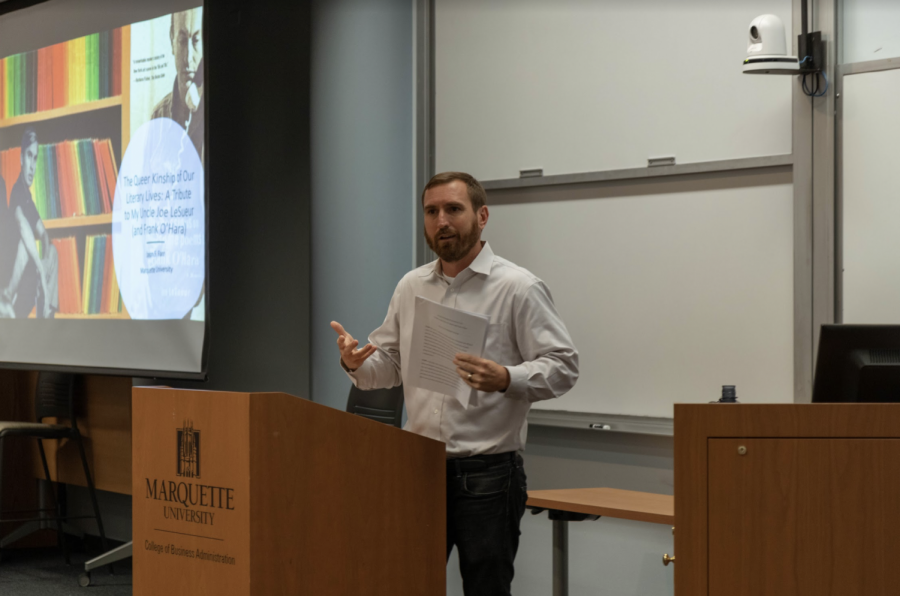

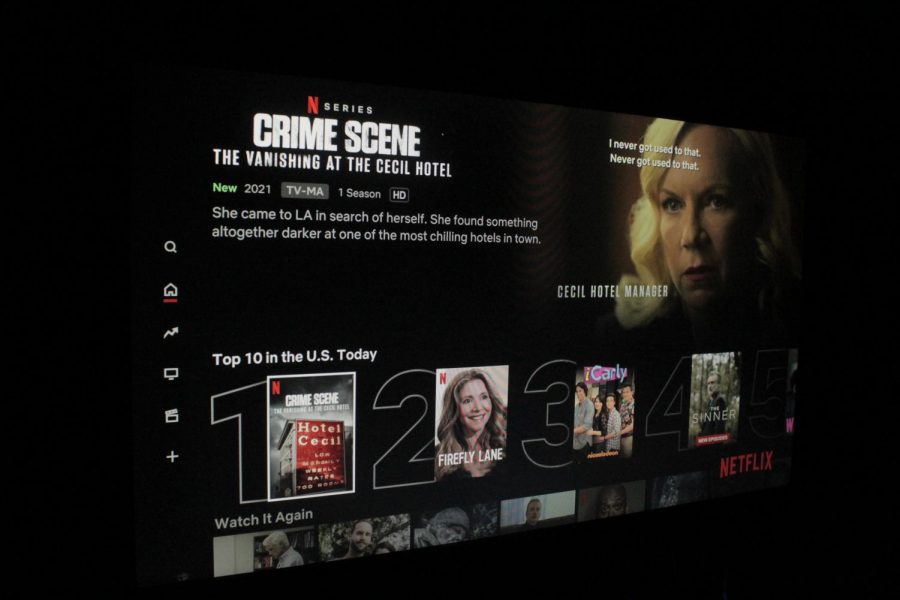

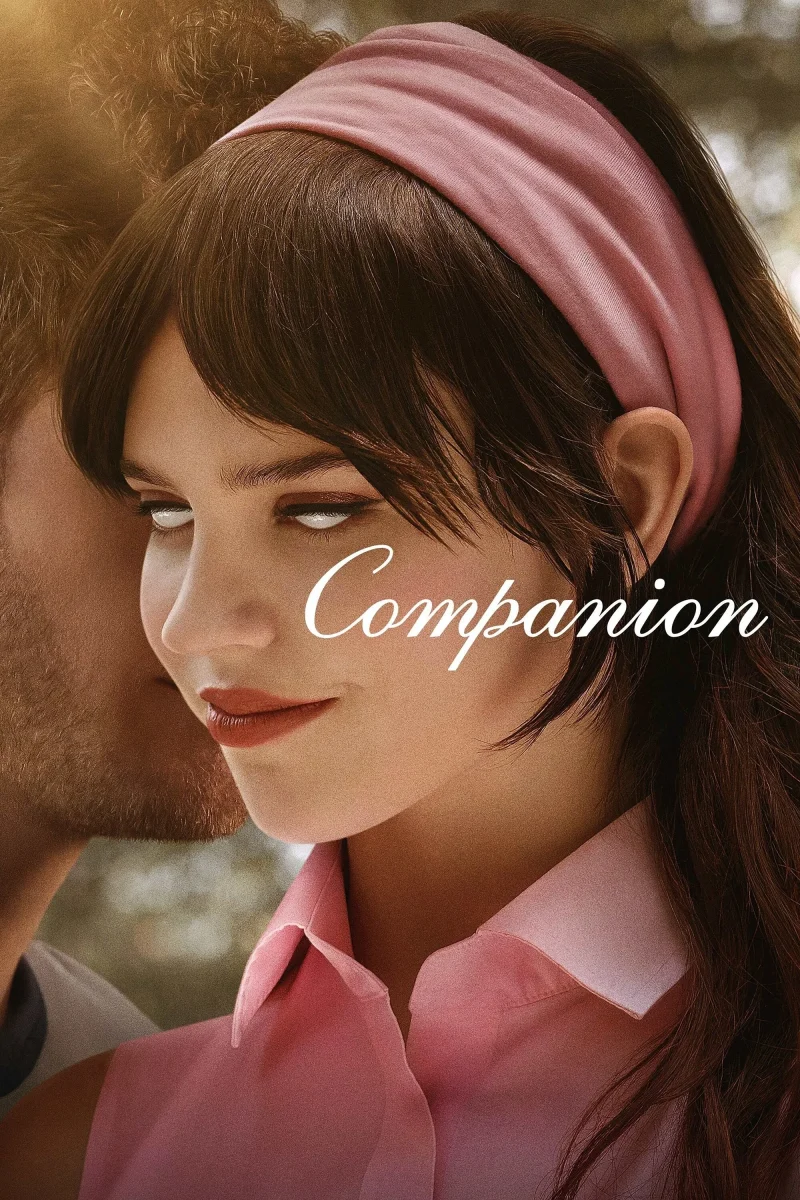
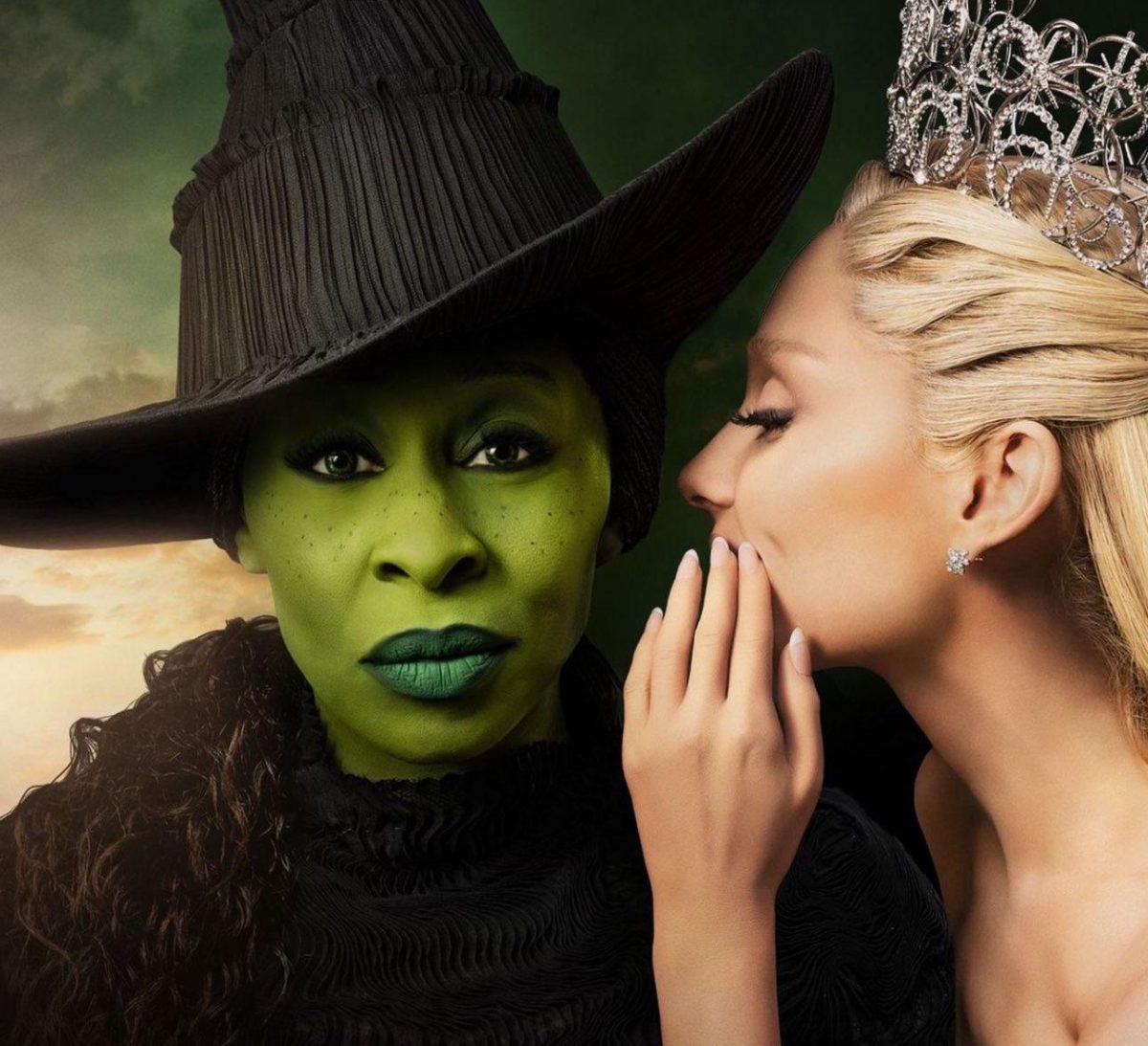
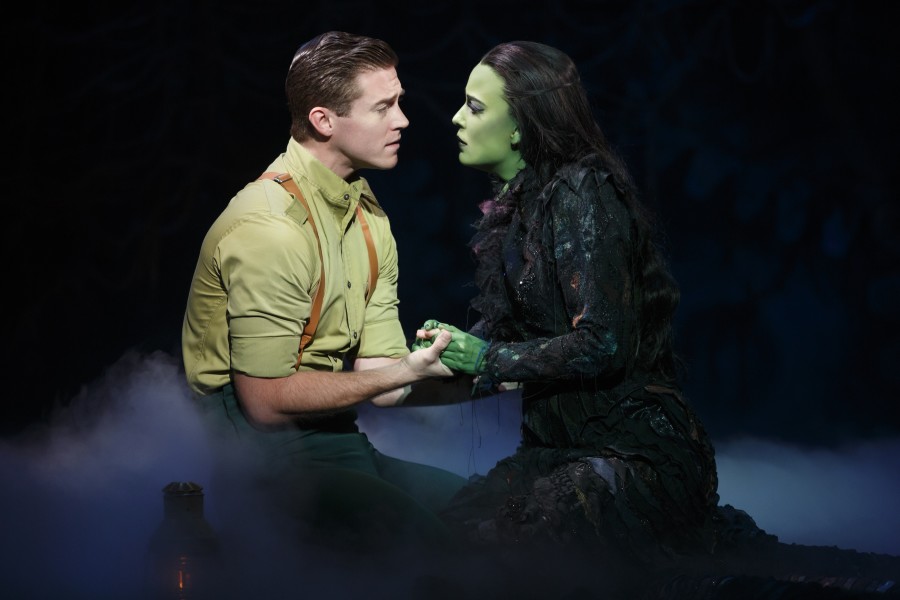
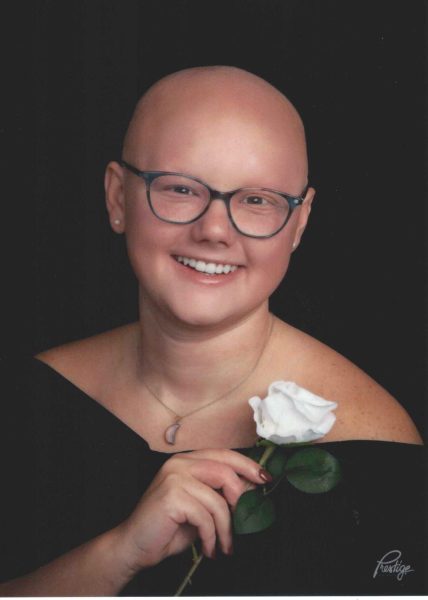
Doreen Marasi • Feb 16, 2025 at 4:12 pm
Sheer perfection, MaryKate! I read this and your Philly article and see the excitement and enthusiasm that you have in your subjects, and in your chosen career. Aunt Doreen couldn’t be prouder. Go green!